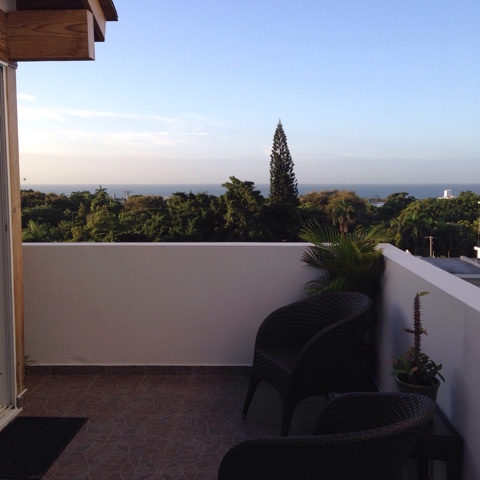The flame that reading lights

I love librarians, I always have. I am old enough to remember a time when research was done without the internet. I literally drove to New York City in order to use the public library resources for a paper on the Hungarian Revolution and discovered the incredible world of library science. The staff there seemed to be of the category of super heroes and I contemplated joining their ranks instead of pursuing a career in teaching. Ever since then I have spent many hours in libraries, with librarians. In fact, it isn't the reason I married my husband, but it is true, his mom is a librarian.
It is my daughter's last day of school here in New Mexico and it is bitter sweet. I had to withdraw her and check in with the librarian in order to close the account without overdue books. I was immediately drawn to the lighted candles on her desk. The project is so simple and sweet, I snapped a photo and stayed to swap praises for new takes on literary enchantments. The light that reading brings was an idea that she had for promoting favorite authors. The battery operated tea lights would be scattered throughout the book shelves of the library for students to discover. Students engaged in developing this project could choose an author, find an appropriate image or book cover, words or quotes that would entice other students. The four panels were printed on overhead projector sheets and attached to velum. Voila!
I'm not entirely certain but I believe library regulars can receive a library credit for their weekly services and activities. If they don't, it suddenly made sense to me that they should. This idea seems especially appealing to the high school crowd that I teach in back in Vermont. A language arts credit in library science could open many doors of opportunity for students. If only I had known of this when I was in high school.
We continued chatting longer than anticipated. Or maybe I continued gushing praise while the librarian eagerly shared with me more of her approaches to engaging readers. For the middle school students,there is a weekly coffee club in the early morning before school begins. Students can enjoy one cup of tea or coffee and a treat while reading. They do not use computers or electronic devices. They just read or talk about reading. Ages ago I had coffee house clubs in my own classroom. I started this with another teacher but over time this idea had slipped away. Again, I think it would be fun to bring mentors, teachers and students together in a weekly coffee club at our own school. It would encourage me to pursue donations and funding for that espresso machine that I believe all schools need for making adequate progress.
I did brag about my Vermont librarians and the high school database. I love how the online search takes you through a virtual library. This school in New Mexico had a similar system but the name has slipped my memory. Similar to the Kindle interface, students can search titles and see a virtual image of that book to place on a virtual shelf. In their account students create an avatar to protect their identity. They can take out hard cover or E readers but more importantly, the system allows students to develop book reviews edited and published by the librarian for other students in the school wide system. The librarian herself writes reviews. Students often follow her recommendations and leave comments most often of approval. What is even better is that her dog is a certified reading dog. It accompanies her to story hour and students love reading to or with the pet. Just as students can have an account so can her dog. His account is already full of reviews and comments on books. His profile describes him as an emergent reader still reading at or below the third grade reading level. He is also very disturbed by the recent activities of a feral cat in his neighborhood. Students find and recommend books on cats and other reading materials appropriate for his interest.
I have had this vision in my mind for some time. I imagine that teachers would write reviews of books and resources at our high school just as we require students to do. We would offer audio or video commentaries on books accessed from the library webpage. I used to host a freshman study hall. At the time I was involved in progress monitoring strategies and spent most of my time trying to improve study techniques and skills for students. My students all were required to read the Odyssey which can be a difficult read. What appalled me was their lack of interest and that they only read it silently. It is meant to be read aloud with different character voices. I love reading the parts of Calypso as if she were a Desperate Housewife. All of the innuendos and subtle humors are revealed when it is read aloud. What if, teachers were interviewed and offered to read just one passage of their favorite part for recording? What if students could access this and as an assignment, offer comments related to their understanding of the book? Would this model help students as better readers? Every so often the staff at NPR read passages of the Declaration of Independence or Moby Dick. Hearing it gives me pause and I reflect on how I interpret different meanings, different text to text connections as I grow older into new stages of life.
I left the school almost an hour later, with excitement for learning, new titles in my head and a new friend I hope to meet again.



Comments